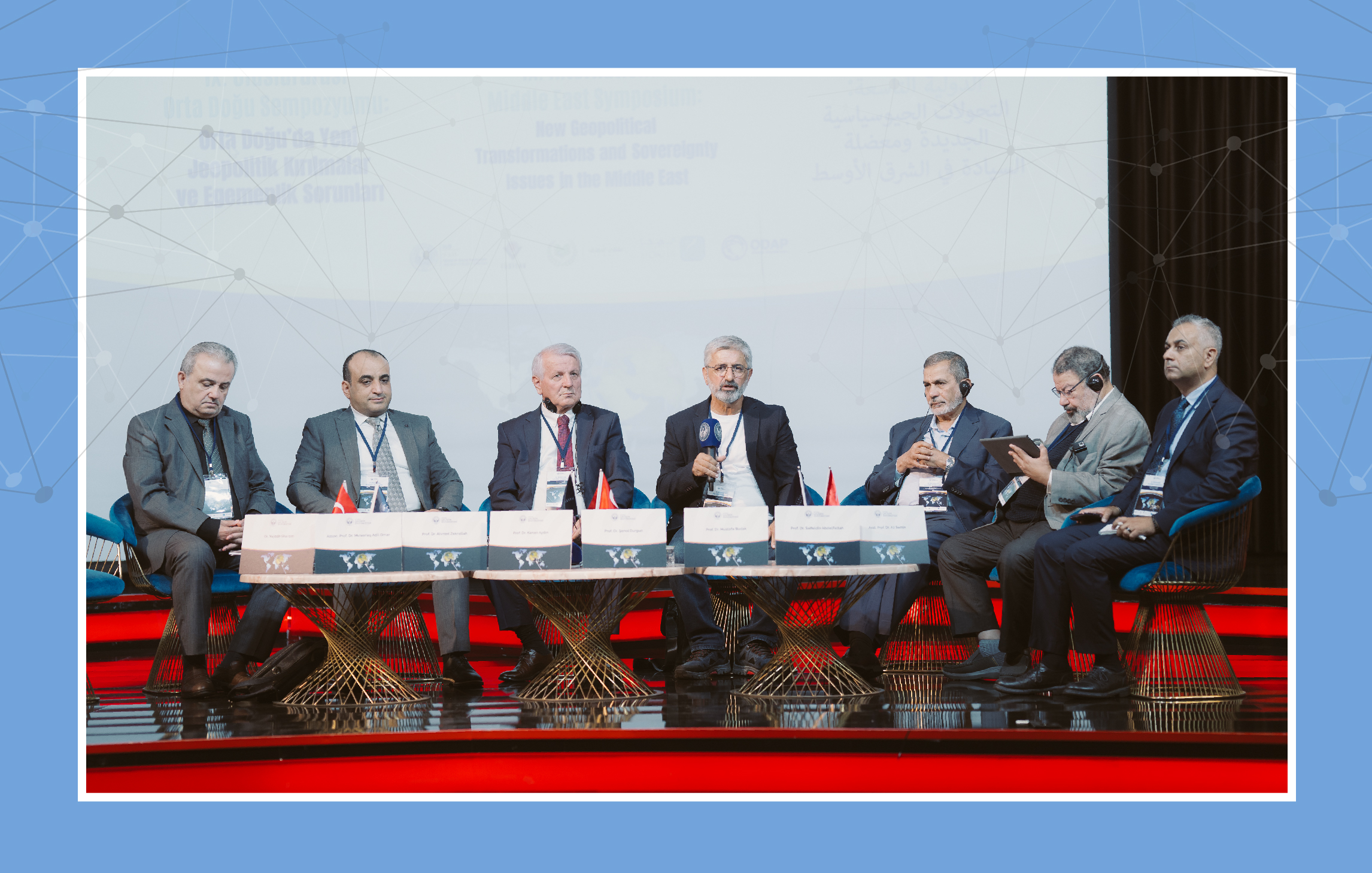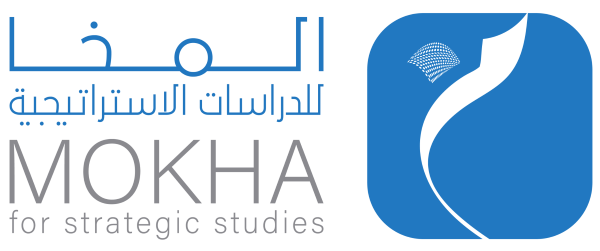The IX. International Middle East Symposium: Geopolitical Transformations and Sovereignty Issues in the Middle East

The IX. International Middle East Symposium took place on Tuesday, October 15, in Istanbul, Turkey, under the title “Geopolitical Transformations and the Dilemma of Sovereignty in the Middle East.” The event was organized by Gelişim University and the Mokha Center for Strategic Studies in collaboration with various research institutions.
Over two days, the symposium brought together researchers and academics from Yemen, Turkey, the Gulf States, and North Africa, alongside international scholars interested in the region. Attendees engaged in discussions around more than 70 research papers presented in 15 sessions, focusing on a variety of strategic issues. The goal was to provide deep insights into the geopolitical challenges the region faces, explore issues of regional stability and sovereignty, and offer practical recommendations for decision-makers aimed at fostering independence and development.
In his opening speech, Prof. Dr. Necmettin MARAŞLI, Vice President of Gelişim University, emphasized the importance of such symposium in tackling Middle Eastern issues. He noted that universities play a crucial role in generating significant scientific and research contributions to better understand and analyze the region’s realities, as well as fostering social innovation and development.
For his part, the Executive Director of the Mokha Center for Strategic Studies, Raed Batis, highlighted the pressing challenges in the Middle East amidst shifting global geopolitical landscapes. He stressed that interventions by major powers, often lacking adherence to international law and respect for state sovereignty, can pose direct threats to the affected nations.
Batis pointed out that the Mokha center focuses on the Yemeni situation and its regional and international dimensions, working with experts to provide accurate information through published studies and periodic reports enriched with field insights. He also underscored the importance of collaboration with various institutions to better understand the region, analyze the roots of conflict, and propose actionable recommendations.
He commended the ongoing collaboration between the Mokha Center and Gelişim University, highlighting the critical need to support Yemeni graduate students and researchers, particularly in social, political, and economic fields. He concluded by thanking the university administration and all the organizers, expressing hope that the discussions would produce valuable insights and solutions for the region’s geopolitical challenges.
The opening session was attended by members of the university’s Board of Trustees, deans, department heads, official representatives, and a diverse group of researchers, graduate students, and specialists focused on Middle Eastern issues.

